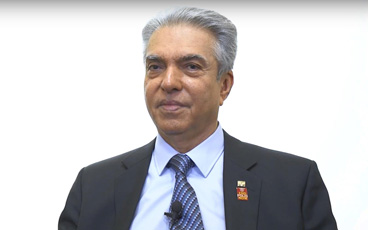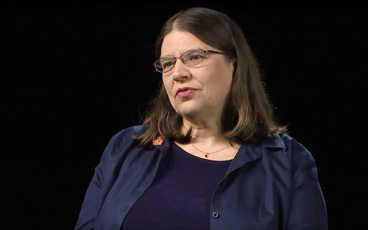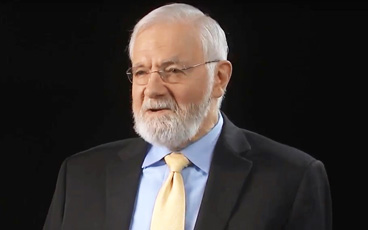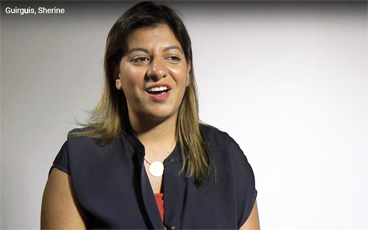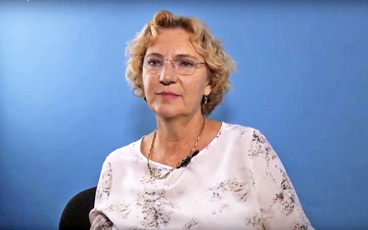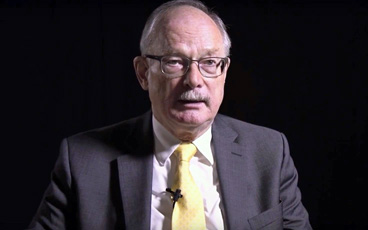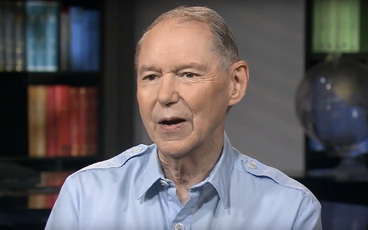Oral histories
Polio eradication history is happening as we document it.
“…much of the wealth of the GPEI’s lessons will never be captured in textbooks or academic articles because many of the details, especially with regard to what didn’t work, will survive only in the knowledge and experience of the thousands of individuals who worked at the various levels of this global initiative, often for more than a decade. Such ‘soft’ or ‘tacit’ knowledge will eventually dissipate as quickly as the GPEI’s hard, physical resources will deteriorate in the tropical climates where they are concentrated. Consequently, the opportunity to exploit these lessons fully may be both time-limited and initiative-specific.” (Dr. Bruce Aylward, Director of the polio program at WHO from 1998 to 2014, Disease Eradication in the 21st Century: Implications for Global Health, “Chapter 2, Lessons from the Global Polio Eradication Initiative”, 21)
The GPEI History Project began with a goal of conducting between forty and one hundred oral histories with global and regional-level GPEI personnel. Each core partner identified twenty key individuals who played a significant role within their respective organizations.
Interviews target subjective firsthand accounts of polio eradication and its turning points. Topics include:
- Beginnings of polio eradication: events, organizations, and individual actors
- Individual career history and biographical information
- Polio eradication strategies and tools (OPV/bOPV/mOPV vaccines/IPV)
- Geopolitical contexts
- Challenges and innovations
- Working in global public-private partnership
- Lessons learned and best practices
- Social mobilization and advocacy; communications and community engagement
- Program operations and tactics
- Resource mobilization and advocacy
- Partnership management and donor coordination
- Oversight and independent monitoring
- Global health security
- Transitioning polio assets
- Polio legacy
Moving forward, the project will focus on frontline workers and personnel in countries prioritized for transition away from GPEI resources—stories that are at heightened risk of loss.
What is an oral history?
Oral history is a collaborative process and style of interviewing that yields two primary source documents: a recording and a transcript (audio and/or video). These documents are reviewed by the interviewee prior to release, lightly edited, and archived in a physical or digital repository, usually as part of a larger collection. Although portions can be closed for later release, no information is deleted. Interviews are archived in their entirety.
Oral histories differ in approach from journalistic interviews. Interviewees and interviewers share authorship of the conversation, and interviewees review their “on-record” material. To elicit narrative, oral history interviews are conversational in nature and target subjective memory, interpretation, sensory detail, motivation, and decision-making processes, among other information. Oral history does not aim to record dates and names, information which is more accurately verified in documents.
Oral History Short Excerpts
|
Aziz Memon |
Cara Burns |
Bill Foege |
Sherine Guirguis |
|
Karin Hulshof |
Amb. John Lange |
Rafe Henderson |


